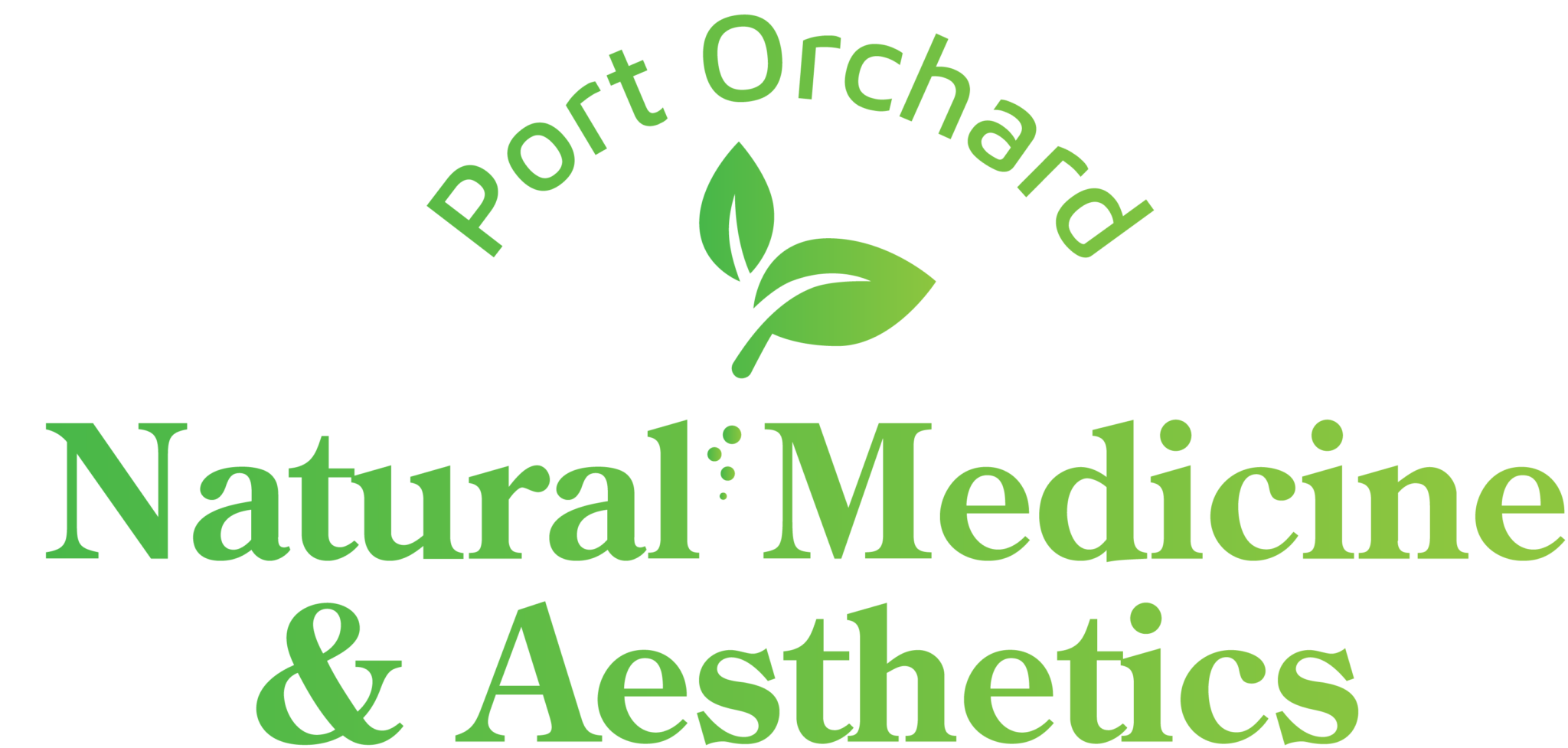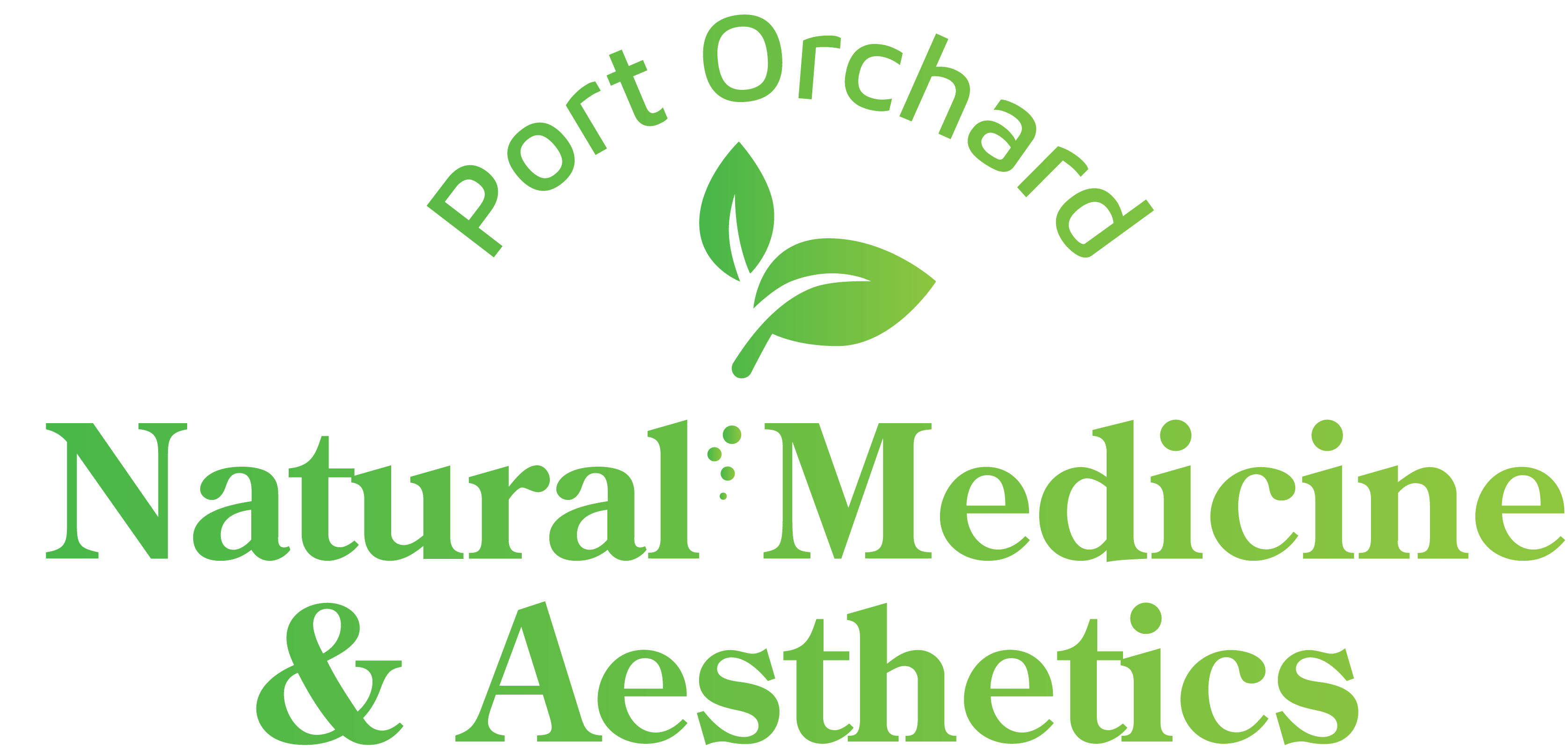If you’re considering natural alternatives, you may be asking yourself “Can naturopathic doctors prescribe medication?”
Naturopathic doctors receive extensive education in conventional as well as natural medicine. That said, the answer to this question actually varies depending on the location of the practitioner.
In this article, we will tell you if naturopaths can prescribe medication and go over the differences between a general practitioner (GP) and a naturopathic doctor (ND). Plus, we’ll also share some quick tips to help you choose the right ND in your area.
Can Naturopathic Doctors Prescribe Medication?
Can naturopathic doctors prescribe medication? The short answer to this question is yes, NDs can prescribe certain types of medicines that are not on the list of controlled substances.
With that said, the biggest factor when determining if NDs can prescribe medication is your location. Some states allow naturopaths to prescribe some medications that aren’t controlled by the law.
In Washington, NDs can prescribe non-controlled medications like antibiotics and hormones after completing specialized additional training beyond their basic certification.
It’s also important to note that an ND may prescribe controlled medication when working in collaboration with a general practitioner (GP) or other medical doctor.

The Difference Between a Naturopathic Doctor and a General Physician
Now that we know the answer to the question “Can holistic doctors write prescriptions?” you probably want to know the difference between an ND and a GP. Let’s take a closer look at these.
Training and Education
Naturopathic doctors complete a four-year graduate program at an in-residence facility, which includes conventional medical sciences and natural remedies.
General practitioners (GPs), on the other hand, undergo medical school followed by residency in their specialty. The duration of their education varies based on their specialty, but most medical professionals undergo at least 9 years of training.
Both receive rigorous training, but GPs focus more on pharmaceuticals and surgery, while NDs emphasize holistic and natural approaches.
Approach and Philosophy
NDs prioritize patient-centered care, focusing on the root causes of illness and the body’s natural healing process. GPs take a more conventional route, addressing symptoms primarily through pharmaceuticals and conventional treatments like surgery.
These approaches aim to promote health, but NDs lean towards preventive and non-invasive methods, while GPs may rely on evidence-based clinical guidelines.
Care Scope
Naturopathic doctors emphasize holistic care and aim to use nutrition, lifestyle changes, and herbal remedies to treat chronic conditions.
General practitioners, on the other hand, focus on acute care and managing illnesses with medication, surgery, and diagnostics.
Both NDs and GPs collaborate with specialists when needed, but their care scope depends largely on their training and philosophy.
Regulations and Licensing
Naturopathic doctors are licensed in specific states, requiring board exams and continuous education. When it comes to prescribing medication, licensing for NDs varies, with some states granting prescribing rights, while others limit them to natural treatments only.
General practitioners are licensed at the state level too but have to follow stricter regulations that allow them to perform surgeries and prescribe a broader range of medications.
What Is a Naturopathic Doctor?
A naturopathic doctor or ND is a healthcare professional who has training in both natural remedies and conventional medical sciences.
These healthcare experts provide wholesome, patient-centric treatments that address the root cause of the symptoms, promoting wellness while using the body’s own healing power.
The key to creating a great naturopathic treatment plan is understanding your symptoms and lifestyle. This will help your naturopath determine where you can make changes that have a real impact on your overall health.
When Can Naturopathic Doctors Prescribe Medications?
Can naturopathic doctors prescribe medications like general practitioners? Naturopaths can prescribe certain medications that aren’t controlled in Washington.
That said, practitioners with prescriptive power have to undergo additional training in order to prescribe a limited range of medications.
The additional certification involves pharmacology exams and in-person training in the area of conventional drug therapies. While NDs opt for natural approaches, they can also identify the need for conventional treatments and have training on how to work with medical physicians.

Which Conditions Do Naturopathic Doctors Treat?
Naturopathic practitioners provide personalized treatments to help address both acute and chronic conditions. Some of these include:
- Inflammatory conditions like rheumatoid arthritis and lupus
- Anxiety, depression, and accompanying symptoms
- Irritable bowel syndrome and leaky gut syndrome
- Polycystic ovary syndrome and hormonal imbalances
- Eczema, psoriasis, and acne, among other skin conditions
- Chronic pain and cardiovascular issues
Your naturopath will always try to solve the symptoms by addressing the root cause, using natural treatments, and encouraging you to adopt a healthier lifestyle.
That said, these practitioners are also trained in conventional medicine and can identify cases where working alongside a traditional physician can yield the best results.
How to Find the Right Naturopathic Doctor
Now that we know the answer to the question “can an ND prescribe medication?” let’s go over the steps you should follow to find the right naturopathic doctor.
There are three main criteria you want to take into consideration, which are the naturopath’s medical degree, licenses and certifications, and reputation.
For starters, there are only 7 accredited naturopathic medical institutes in North America that provide in-residence four-year degrees. These are:
- Bastyr University
- National University of Natural Medicine
- National University of Health Sciences
- Southwest College of Naturopathic Medicine
- University of Bridgeport—College of Naturopathic Medicine
- Canadian College of Naturopathic Medicine
- Boucher Institute of Naturopathic Medicine
It’s also important to ensure that the naturopath is certified by accredited associations and has a good track record.
Dr. Rachel Robertson from Port Orchard Natural Medicine attended Bastyr University and is part of the WA Association of Naturopathic Physicians and The American Association of Naturopathic Physicians. Additionally, Dr. Robertson is passionate about improving the life quality of her patients through weight loss, anti-aging medicine, and hormone replacement therapy, among other approaches. Book a consultation with her today.
Benefits of Addressing Your Health Through a Naturopath
Naturopaths don’t focus on treating symptoms, but instead, they get to the root cause of your health problems.
When you get treatment from a naturopathic doctor, the first step is evaluating your symptoms and understanding why the issue is manifesting. This will help you get any additional screenings and determine what changes you have to make to become a healthier individual.
The benefits of working with a naturopath also include:
A Wholesome Approach
NDs look at the body as an entire organism, which is the reason why they provide holistic and wholesome care. As a matter of fact, NDs believe in the healing power of nature so their goal is to create the best environment for each one of our bodies to repair and rejuvenate itself.
Instead of going straight to invasive treatments, your naturopath will prioritize the use of non-invasive techniques that provide the right type of support. This can include lifestyle advice, tactile therapies, nutritional medicine, and homeopathy, among many others.
Personalized Care and Attention
Achieving better health is impossible without having a complete picture of your routine, habits, and physical condition. Naturopaths take all of these into consideration when building a plan to improve your health, so they personalize every single aspect of your protocol to your unique needs.
For many patients, naturopaths are guides that not only put them on track but also answer any doubts and questions, many times filling additional roles within their support system. For example, some individuals see naturopaths as their first point of contact for medical questions.
Focus on Prevention
Naturopaths place a big focus on preventative care, which is the practice of improving your current health in order to prevent issues later on.
Preventative treatments can consist of making small changes or adding a new element to your daily routine, like a specific type of exercise. Not only this, but naturopathic specialists also provide education and support to help patients achieve their goals.
Integration with Natural Treatments
As we’ve covered extensively, naturopaths emphasize holistic care and incorporate natural remedies.
This includes changes in diet, intake of daily supplements, prescription of herbal medicines, and lifestyle adjustments that result in better health.
It’s a Learning Experience
Naturopaths not only work on improving your health, but they also get to the root cause of the symptoms and changes you’re experiencing. During this process, you learn a lot about your body, mental health, and lifestyle, as well as the impact that all of these three have on your daily life.
As such, working with a naturopath can be a one-of-a-kind learning experience and help you address health issues along the way. More importantly, naturopaths can create a health plan and address these symptoms from the root cause.
Ready to Start Your Health Journey? Contact Port Orchard Natural Medicine Today
Can naturopathic doctors prescribe medication? The fast answer to this question is yes, in many cases, naturopaths can write prescriptions. Nonetheless, it depends heavily on your location: some states allow these practitioners to write prescriptions, while others do not.
If you’re looking for a naturopathic doctor in Washington, naturopathic physician Dr. Rachel Robertson specializes in longevity, anti-aging, and functional medicine. Book a consultation today to learn more about working with Dr. Roberton and begin your health journey today.


